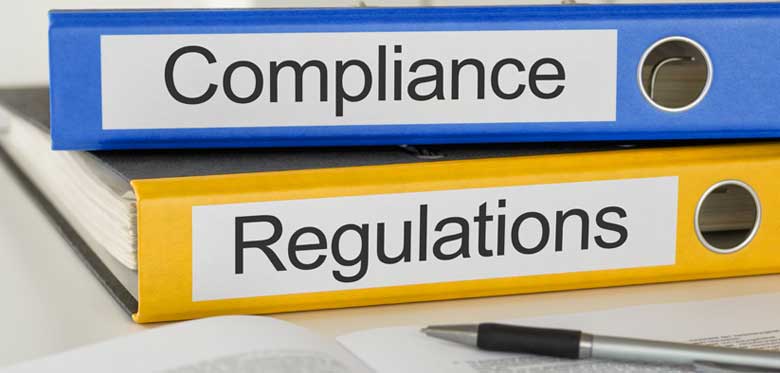Carl Johnson, partner and head of the regulatory department at Stephensons, outlines what we can expect to see in the field of Solicitors Regulation Authority (SRA) enforcement during 2020.
2019 was a significant year for the regulation of solicitors as we saw two major changes to the regulatory framework: the introduction of the new Standards and Regulations and the lowering of the burden of proof in proceedings before the Solicitors Disciplinary Tribunal (SDT). We will see the impact of these changes during 2020 and there are also a number of key themes which it is expected will be prevalent in SRA investigations and SDT hearings. Part one of this article will summarise the recent regulatory changes. Part two will outline the key themes which are expected to feature prominently in the coming year.
Regulatory changes
The SRA’s new Standards and Regulations came into force on 25th November 2019. With regard to the Code of Conduct, the Standards and Regulations represent a sea change from the earlier 2011 version. The most significant change is that there are now two separate codes of conduct - The Code of Conduct for Solicitors, RELs and RFLs and the Code of Conduct for Firms. As such moving forwards we should expect to see investigations by the SRA focussing on breaches of the new Code of Conduct for Firms with the potential for action to be taken against firms themselves as an entity and/or their compliance officers, managers and employees where they are deemed to be personally responsible for the firm’s breaches of the code.
At a technical level, a significant change is that 2011 Code of Conduct for Solicitors contained extensive indicative behaviours which provided examples of how the SRA expected that the code would be applied. These indicative behaviours are absent from the 2019 version of the code and are replaced with the following guidance in the introduction:
“You must exercise your judgement in applying these standards to the situations you are in and deciding on a course of action, bearing in mind your role and responsibilities, areas of practice, and the nature of your clients (which in an in house context will generally include your employer and may include other persons or groups within or outside your employer organisation).”
On the one hand this is a positive development as it requires solicitors to exercise their own professional judgment on a case-by-case basis. However, moving forwards this does of course leave solicitors open to allegations that they have failed to exercise their judgment correctly or indeed at all in the event of an investigation by the SRA. Firms should have procedures in place to ensure that all relevant decision-making is properly documented and references the code where it is applicable so that decisions can be justified in the event of an investigation. Solicitors who hold the role of either COLP or COFA within their firms should ensure that they personally maintain excellent records in relation to their own decision-making as this is will often be the focus of an investigation by the SRA.
With regard to the burden of proof in proceedings before the Solicitors Disciplinary Tribunal, this has been changed by The Solicitors (Disciplinary Proceedings) Rules 2019. Whereas the SRA was previously required to prove its case to the criminal standard of proof, namely beyond reasonable doubt, the new rules mean that the SRA will now be required to prove their case to the civil standard, namely on the balance of probabilities. This will apply to all first instance cases where a case to answer is certified from 25th November 2019 onwards. As such we will see the first of these cases heard by the tribunal during the course of 2020.
The change to the burden of proof has proved controversial within the profession but brings the tribunal broadly in line with most other professional disciplinary tribunals, including the Bar Standard Board which has introduced the lower standard for allegations of misconduct which occurs from 1st April 2019. In practice it will be interesting to see whether the lower standard of proof leads to:
a) a reduction in the levels of costs which are claimed by the SRA and awarded by the tribunal
b) any increase in the number of cases which are referred to the SDT by the SRA and certified as having a case to answer
c) an increase in the number of cases which are proven before the tribunal; and
d) an increase in the number of cases which are the subject of appeals to the Administrative Court.
If you require assistance in relation to an SRA investigation or an SDT hearing, please contact 01616 966 229 to speak with a member of our team or complete our online enquiry form. For more information on our work in this area please see our SRA investigations and SDT hearings page.




Comments